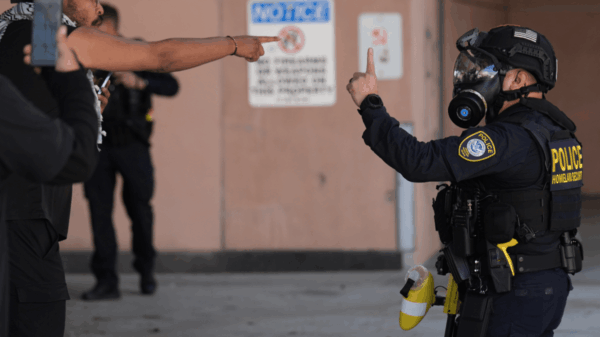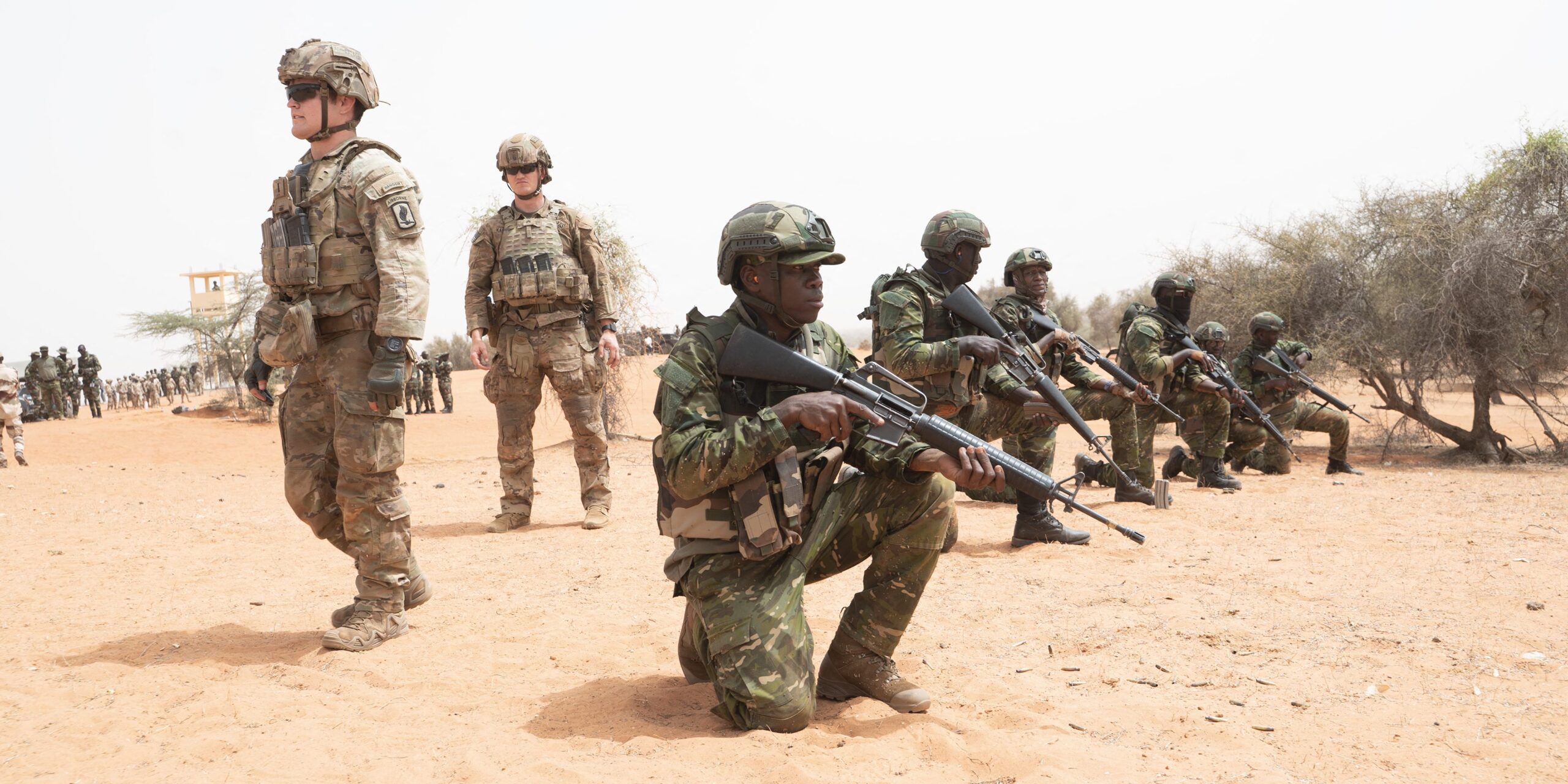A new report from the Pentagon highlights significant failures in U.S. counterterrorism efforts across Africa, confirming long-standing concerns regarding escalating violence and instability linked to American military interventions. The report, produced by the Africa Center for Strategic Studies, underscores that the continent has experienced approximately 155,000 deaths linked to militant Islamist groups over the past decade, with the highest fatalities occurring in Somalia and the West African Sahel region.
The findings reveal a troubling increase in fatalities from militant attacks, particularly in areas heavily involved in U.S. military operations. The report indicates that both Somalia and the Sahel have recorded over 49,000 militant-related deaths each, making these regions the most affected globally. “What many people don’t know is that the United States’ post-9/11 counterterrorism operations actually contributed to and intensified the present-day crisis,” stated Stephanie Savell, director of the Costs of War Project at Brown University. This assertion emphasizes the unintended consequences of U.S. military support for local governments, which have often targeted minority ethnic groups during counterterrorism operations.
The analysis further notes that in the last year alone, militant Islamist groups have expanded their territorial control significantly. The report estimates that around 950,000 square kilometers (approximately 367,000 square miles) of populated areas in Africa are now beyond government control due to insurgencies. This represents a stark reality for millions of civilians, who have faced a staggering 60 percent increase in fatalities since 2023 when compared to the previous three years.
In reviewing the history of U.S. military involvement, the report contrasts the situation today with the early 2000s when the continent saw just nine terrorist attacks resulting in 23 casualties. In stark contrast, last year witnessed 22,307 fatalities from militant violence across Africa, indicating an almost 97,000 percent increase in such incidents.
The Pentagon’s own assessments have acknowledged persistent flaws in military operations, particularly in the Horn of Africa. As early as 2007, studies indicated that U.S. strategies were not yielding the desired security outcomes. Despite this, American forces have continued to conduct operations against groups like al-Shabaab and the Islamic State in Somalia, with U.S. Special Operations forces first deployed there in 2002.
Despite increased military support and airstrikes, the capabilities of groups such as al-Shabaab have reportedly expanded, with their annual revenues now estimated to reach up to $200 million. The Africa Center’s analysis noted that Somalia has seen a marked rise in violence, with 6,224 fatalities attributed to al-Shabaab in the past year alone, double that of the previous year.
The report also highlights the situation in West Africa, where militant groups have proliferated, leading to significant destabilization in countries like Burkina Faso, Mali, and Niger. Armed groups have increasingly targeted civilians, imposing their own interpretations of Sharia law and causing widespread fear. The Sahel has experienced an average of nearly 10,500 deaths annually over the past three years, more than double the fatalities recorded between 2020 and 2023.
Compounding these crises, U.S. military assistance has inadvertently enabled human rights abuses, with Malian and allied security forces linked to 82 percent of all civilian deaths in the past year. In Burkina Faso, this figure stands at 41 percent. The report notes that this cycle of violence has been exacerbated by coups led by military officials who have received U.S. support, including key leaders involved in multiple coups since 2012.
The grim assessment aligns with remarks from General Michael Langley, head of U.S. Africa Command, who described the West African Sahel as the new “epicenter of terrorism.” He stated that the most severe terrorist threats to the U.S. now emanate from the African continent.
Experts like Katherine Ebright, counsel at the Brennan Center for Justice, criticize the lack of oversight regarding U.S. military efforts in Africa. She pointed out that the Department of Defense has been slow to comply with laws requiring the monitoring and evaluation of its counterterrorism initiatives. Although a recent analysis was published during the Biden administration, it underscored systemic failures that have contributed to humanitarian crises and mass displacement.
The humanitarian situation in the Sahel has deteriorated significantly, with the United Nations reporting that nearly 30 million people require urgent aid in 2025. Yet, by May, only 8 percent of the required $4.3 billion in humanitarian funding had been received, forcing aid agencies to cut assistance to millions of vulnerable individuals.
The Pentagon report stresses that addressing the underlying economic and governance challenges in the region requires traditional, non-military diplomacy and aid, pointing out that U.S. military involvement alone is insufficient to alter the security landscape significantly. This analysis raises serious questions about the efficacy of current U.S. counterterrorism policies in Africa and the long-term implications for both regional stability and humanitarian conditions.








































































